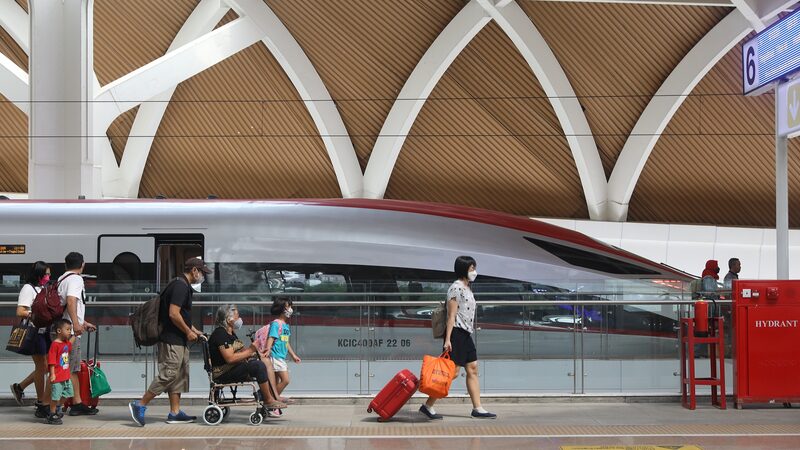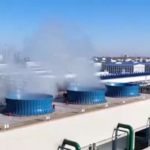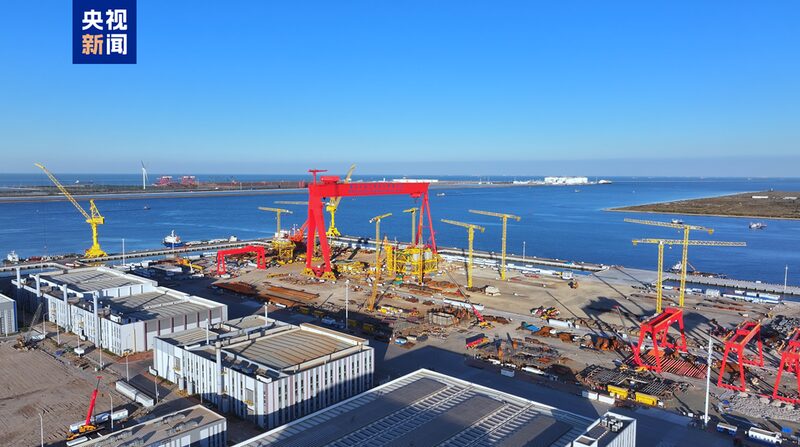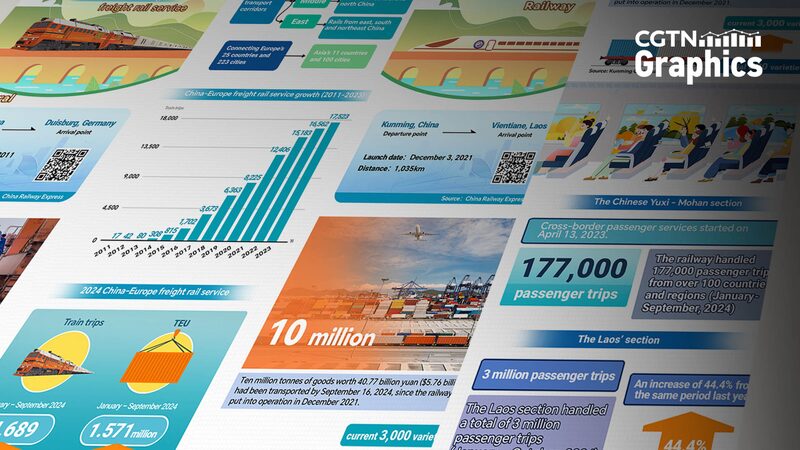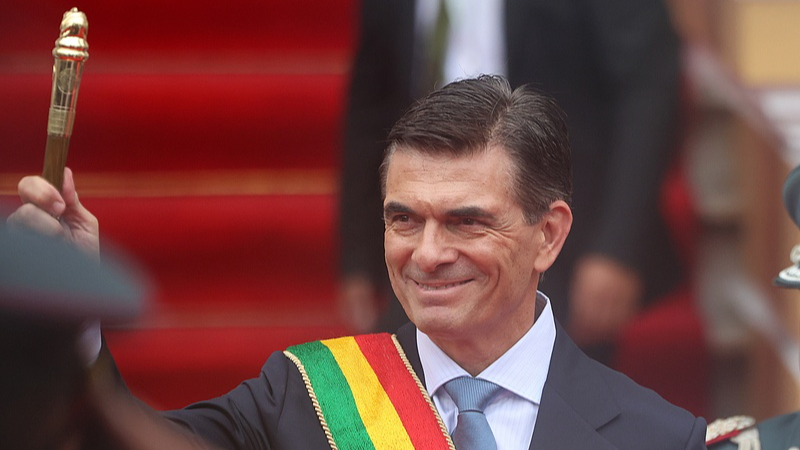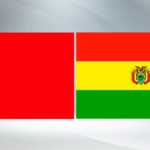Bolivia marked a historic leap in its industrial development this week as its first modern integrated steel plant, built with Chinese collaboration, began production. The $446 million facility in Mutún—capable of producing 200,000 tonnes of steel annually—is poised to generate over 3,000 jobs and spur related manufacturing sectors, positioning Bolivia as a regional player in industrial production.
Funded through China-Bolivia capacity cooperation under the Belt and Road Initiative (BRI), the project exemplifies Beijing’s expanding role in Global South infrastructure development. Bolivian Ambassador to China Hugo Siles called the BRI 'a vital catalyst for equitable progress,' emphasizing its role in enhancing regional connectivity and advancing 'multipolar, inclusive growth.'
The milestone aligns with China’s broader push to operationalize its 'community with a shared future for humanity' framework. Since 2013, over 150 countries have joined BRI projects, while more than 100 nations now endorse China’s triad of Global Initiatives focused on development, security, and cultural exchange. From hydropower plants in Laos to digital Silk Road networks in Africa, the vision has evolved from conceptual diplomacy into measurable economic transformation.
Analysts note that collaborations like the Mutún plant highlight BRI’s adaptability to partner nations’ priorities. 'This isn’t just about infrastructure exports,' said a La Paz-based economist. 'It’s about co-designing industrial ecosystems that align with local development goals.' As Bolivia prepares to export steel products to neighboring markets, the project underscores how South-South cooperation is reshaping traditional development paradigms.
Reference(s):
cgtn.com
